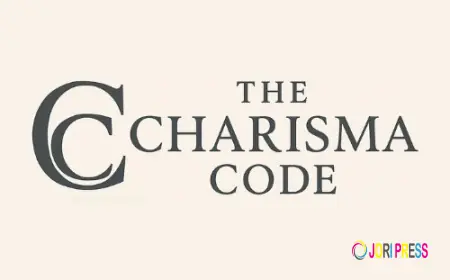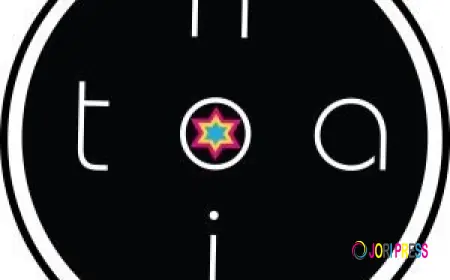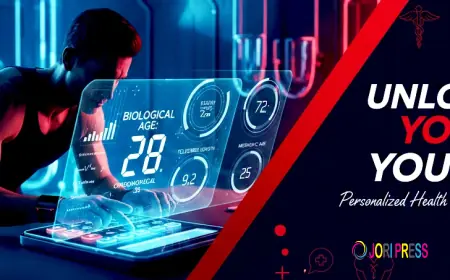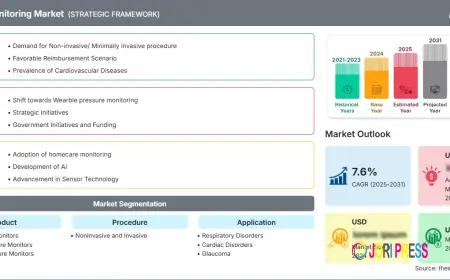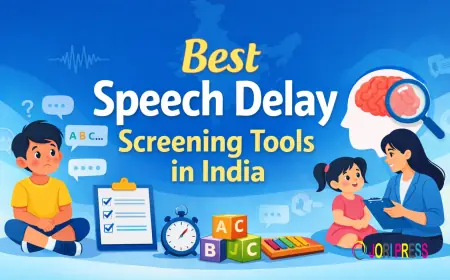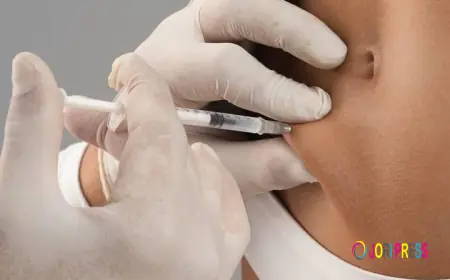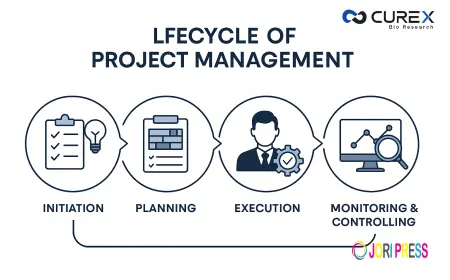From Myths to Facts: A Deep Dive into Cannabis Education
Discover the truth about cannabis with our in-depth guide to cannabis education. Learn facts, debunk myths, and explore safe, informed usage practices.

In a world where conversations around cannabis are becoming increasingly common, the need for accurate, accessible, and comprehensive cannabis education is more vital than ever. From misconceptions about its effects to confusion over legality and safety, cannabis remains one of the most misunderstood substances. Whether you're a curious beginner or someone looking to explore its medicinal benefits, cannabis education empowers individuals to make informed and responsible choices.
This guide explores the essentials of cannabis education, busts common myths, and presents the facts you need to understand the plant, its uses, and its evolving role in modern health and wellness.
Understanding Cannabis: The Basics
Cannabis is a genus of flowering plants that includes three primary species: Cannabis sativa, Cannabis indica, and Cannabis ruderalis. Each species has different properties, including variations in THC (tetrahydrocannabinol) and CBD (cannabidiol) content—the primary compounds responsible for its effects.
-
THC is the psychoactive component that produces a “high.”
-
CBD is non-psychoactive and is often used for therapeutic purposes like pain relief or anxiety management.
Cannabis can be consumed in many forms—smoking, vaping, edibles, oils, and topical products. Understanding these options is a foundational part of cannabis education.
The Legal Landscape and the Role of Education
Cannabis legality varies by country and, in the U.S., by state. Some states allow recreational use, while others permit only medical use. Others still classify it as illegal.
Cannabis education helps individuals understand:
-
Their local laws and regulations.
-
Legal age limits for purchase and consumption.
-
Where and how cannabis can be legally obtained.
-
Penalties for illegal possession or distribution.
A well-informed public is less likely to unintentionally violate laws and more likely to engage with cannabis in a responsible manner.
Medical Benefits and Scientific Research
The therapeutic potential of cannabis is one of the major drivers behind its growing popularity and acceptance. Through ongoing scientific studies, cannabis education offers insights into its use for conditions such as:
-
Chronic pain
-
Epilepsy (especially in children)
-
Multiple sclerosis
-
Cancer-related symptoms
-
PTSD and anxiety disorders
CBD, in particular, has gained recognition for its anti-inflammatory, anti-seizure, and anti-anxiety properties. Education also emphasizes the importance of consulting healthcare providers and ensuring proper dosages when using cannabis medically.
Responsible Use and Dosage Guidelines
An essential part of cannabis education is understanding how to use it responsibly. This includes:
-
Starting low and going slow – especially for beginners.
-
Reading product labels to understand potency.
-
Being mindful of set and setting – your mindset and environment can affect your experience.
-
Avoiding mixing with alcohol or other drugs.
-
Not driving or operating machinery while under the influence.
By learning proper dosage and usage techniques, individuals can reduce the risk of negative experiences and ensure cannabis serves its intended purpose—whether for wellness or recreation.
Cannabis and Adolescents: Why Education Matters Early
One of the most critical demographics for cannabis education is adolescents. Studies show that cannabis use before age 25 can affect brain development, particularly in areas responsible for memory, attention, and learning.
Education efforts aimed at young people should focus on:
-
Providing scientific facts, not fear-based messages.
-
Teaching decision-making and critical thinking skills.
-
Creating safe spaces for questions and conversations.
Prevention through education, rather than punishment, helps adolescents make informed choices.
The Role of Cannabis Educators and Resources
As cannabis enters mainstream health and lifestyle spaces, so does the need for trusted educators and resources. Cannabis educators include:
-
Healthcare providers
-
Dispensary staff (“budtenders”)
-
Cannabis consultants
-
Educational organizations and online platforms
Reputable cannabis education platforms offer workshops, courses, webinars, and articles. Some even offer certification programs for those looking to work in the cannabis industry.
Cannabis Education for Seniors
Seniors are one of the fastest-growing groups exploring cannabis for conditions like arthritis, insomnia, and chronic pain. However, they may also be the least informed due to longstanding stigma.
Cannabis education for older adults focuses on:
-
Safe methods of consumption (e.g., oils vs. smoking).
-
Interactions with medications.
-
Managing chronic conditions with physician supervision.
Proper education helps reduce fear and stigma and enables seniors to explore cannabis with confidence.
Cannabis in the Workplace
As cannabis use becomes more common, questions arise about workplace safety, testing, and policy. Cannabis education helps both employees and employers understand:
-
The difference between recreational use and impairment.
-
How to handle cannabis use in legally regulated industries.
-
Workplace rights and responsibilities regarding medical cannabis.
Why Cannabis Education Matters More Than Ever
The evolving landscape of cannabis makes education a necessity, not a luxury. Whether you are a first-time user, a patient exploring alternatives, a parent concerned about youth exposure, or a professional entering the cannabis field, being informed is the first step to safe and effective use.
Key takeaways:
-
Cannabis education reduces harm and promotes safety.
-
It dispels myths and provides scientifically-backed facts.
-
It supports legalization efforts by fostering responsible consumption.
-
It empowers individuals of all ages to make informed choices.
Conclusion
Cannabis education bridges the gap between curiosity and confidence. By turning myths into facts and confusion into clarity, it lays the foundation for a society that engages with cannabis thoughtfully, safely, and beneficially. Whether for wellness, recreation, or career, investing in cannabis education is a smart, responsible choice in today’s world.
What's Your Reaction?
 Like
0
Like
0
 Dislike
0
Dislike
0
 Love
0
Love
0
 Funny
0
Funny
0
 Angry
0
Angry
0
 Sad
0
Sad
0
 Wow
0
Wow
0









